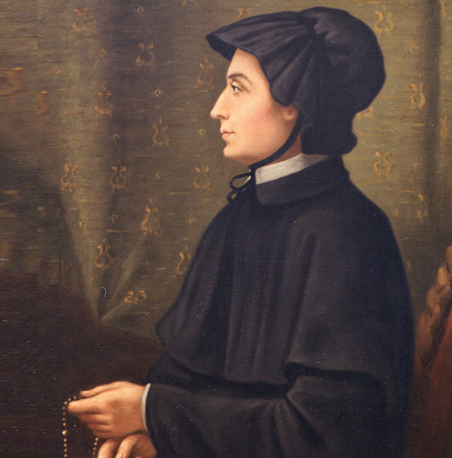Saint Elizabeth Ann Seton and Early American Catholicism
Early American Catholicism is a fascinating chapter in American history, a time when faith, resilience, and community laid the groundwork for the Catholic Church in the United States. At the forefront of this movement was Saint Elizabeth Ann Seton, a woman whose life and legacy continue to inspire many today. Understanding her contributions offers valuable insights into the roots of Catholicism in America.
The Life of Saint Elizabeth Ann Seton
Born in 1774 in New York City, Elizabeth Ann Seton was a woman ahead of her time. After the death of her husband, she experienced a personal and spiritual transformation, eventually converting to Catholicism in 1805. Her journey exemplified the challenges faced by early American Catholics, who often encountered suspicion and prejudice in a predominantly Protestant society. Seton’s dedication to her faith led her to establish the first Catholic school in the United States, and ultimately, she became the founder of the Sisters of Charity. Her emphasis on education and spirituality shaped the future of Catholic instruction in America.
Education and Community Impact
Seton’s commitment to education was not just about teaching children; it was about fostering a sense of community and belonging. She believed that education could empower individuals and transform society. In 1809, she established the St. Joseph’s Academy and Free School in Baltimore, serving both Catholic and non-Catholic children. This initiative reflected her vision for an inclusive educational environment where moral and academic growth could flourish. Seton’s approach cultivated a strong sense of community among families, helping to nurture the Catholic faith during a time when it was still establishing its foothold in American culture.
Legacy and Canonization
Saint Elizabeth Ann Seton’s contributions did not go unnoticed. In 1975, she was canonized as the first native-born American saint by Pope Paul VI. Her feast day, celebrated on January 4, is a reminder of her enduring legacy in the Catholic Church. Even today, many organizations honor her work by promoting education and service to the poor, embodying her spirit of charity and commitment to faith. Seton’s life serves as an example for modern Catholics, illustrating how one person’s dedication can have a lasting impact on a community and beyond.
In short, St. Elizabeth Ann Seton played a pivotal role in shaping early American Catholicism through her dedication to education, community, and faith. Her story is not only a historical footnote but also a continuing call to action, reminding people to actively participate in, serve, and contribute to their communities. If you wish to learn more about her life or explore the origins of American Catholicism, consider contacting your local parish or educational institution to inquire about relevant programs and resources in your area. In the realm of religious art, many faith-inspired Christian statues offer another way to connect with the history and spiritual power of the Church, helping more believers rediscover the inspiration and influence of this saint through art.

